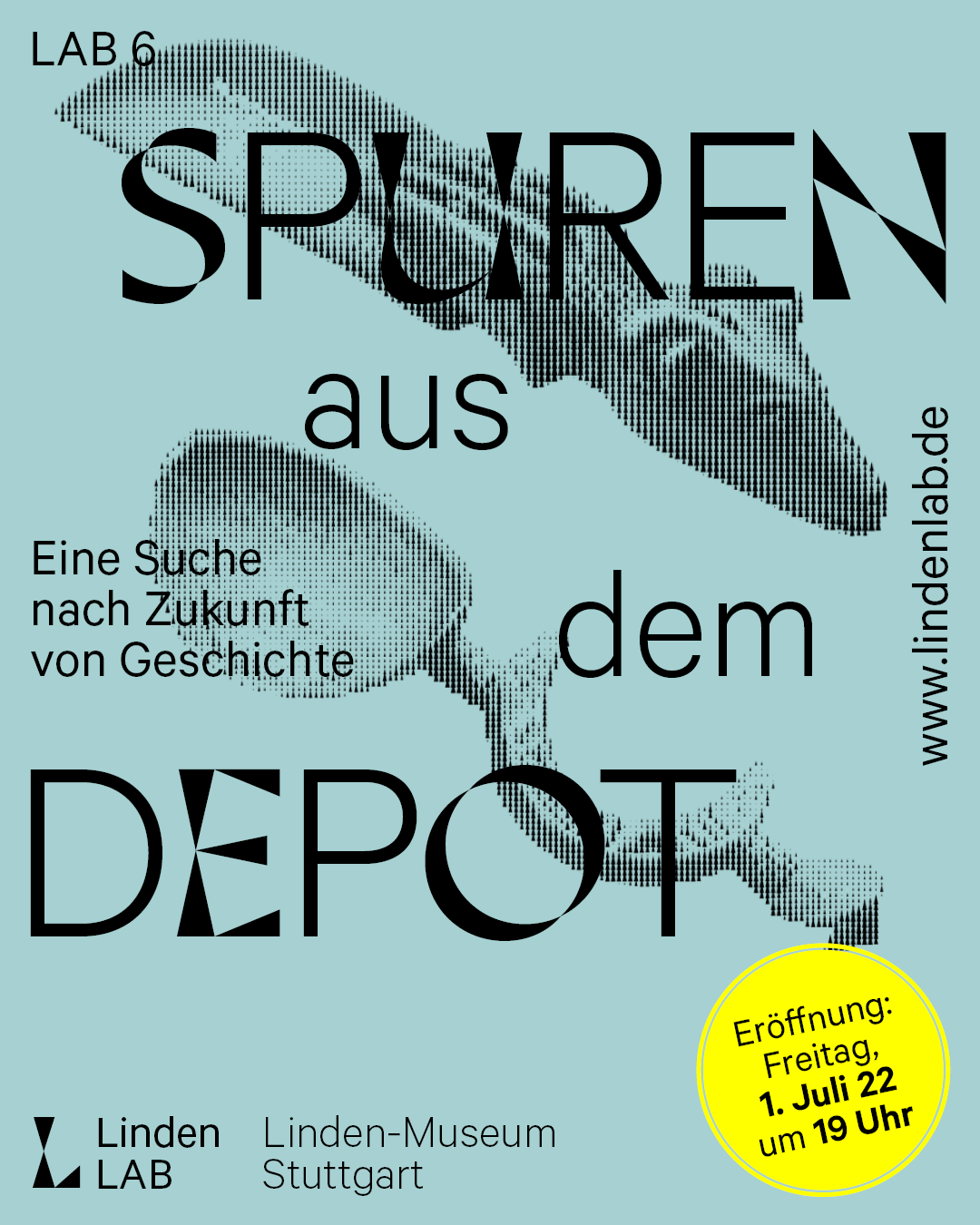Hermann Karl Bertram was born on June 25, 1872 in Krummennaab (Bavaria). His parents were the local district doctor and retiered royal medical officer of health Julius Bertram and Anna, née Freiin von Notthafft-Weißenstein. Hermann Bertram graduated from a humanistic high school and then started a military career.
Military career
His military service as a three-year voluntary started on July 15, 1891 in the “11. Bayerischen Infanterie-Regiment von der Tann” (bavarian infantry regiment). On March 5 he was promoted lieutnant and entered the “4. Königlich-Bayerische Infanterie-Regiment König Wilhelm von Württemberg” (royal bavarian infantry regiment) über. On October 28, 1901 the promotion to first lieutnant took place.
The period of his colonial military service began in 1905. On April 7, 1905 he resigned from the army and entered the so-called protection force for Cameroon. The emigration from Hamburg to Cameroon then took place on April 10. Bertram operated for the protection force until 1908. During that time he participated in the so-called “Südexpedition” (“Expedition South”, 1905-1907) as leader of the 9th company under the control of captain Scheunemann. For a short time he led the expedition as representative of Scheunemann. The “Strafexpedition” (“punitive expedition”) aimed for the hedge of German commercial interests and submission of communities who lived between the upper Nyong and upper Dja.
In 1907 Bertram was honored for his military merits with the “Königlicher Kronen-Orden 4. Klasse mit Schwerter” (royal decoration).
The Bertram -Collection
The objects of the Bertram-Collection mainly originate from the area where the expedition took place. In 1907 Dr. Friedrich Rigler reported to Karl Graf von Linden that he soon would return to Germany with Bertram. Before, Rigler had visited Bertram on his military station and had told von Linden that he there saw “a beautiful collection”, “as in these countries usually only can be found at war”. Von Linden moved up to Bertram and could convince him to donate his collection of 238 objects of Cameroon to the museum. 1908 it was brought to Stuttgart. Today, only 140 objects remain in the museum.
Concerncing the objects’ provenance, Bertram indicates that he “collected them with great effort during 2,5 years of military action”. Bertram also attached lists to the collection and assigned the objects different categorys such as “household items, decorative objects, idols”. Therein also was a category named “spoils of war”. But it also seems that Bertram acquired objects in different ways. He further states that the collecting and transport of the objects was linked with “partly considerable costs” and that even “despite offering big rewards” it wasn’t possible to acquire more objects.
Weiterer Militärdienst
In 1907 Bertram applied for a two-year prolongation period of service in the protection force which was approved. Anyway, he resigned from it on June 30, 1908 and joined the Königlich-Bayrisches Infanterie Regiment Hartmann (royal bavarian infantry regiment) which came along with the promotion to captain. On May 1, 1910, he was transferred to the 22. infantry regiment and retied on June 24, 1911.
Financial difficulties caused him rejoining military service in 1912, so that he participated in World War I even though he had already been considered unsuitable for field duty. It was due to his deafness, a consequence of his activity in Africa. On September 27, 1914 he died in the war near Maricourt (France).
Text: Markus Himmelsbach
Markus Himmelsbach is provenance researcher at the Linden-Museum and deals with the genesis of the objects of the museum’s collections.


